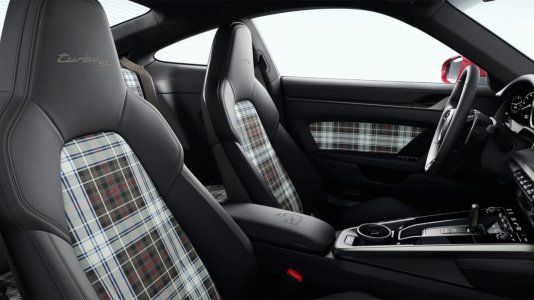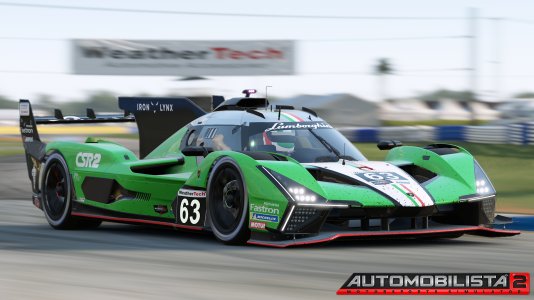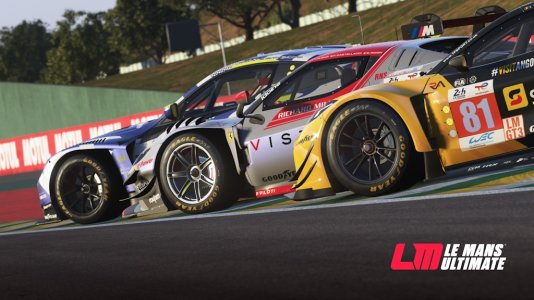14th gen has no production issues. The oxidation issue was only at 1 specific plant (some American plant) and only affected a very small supply of only 13th gen chips.So the 14th gen has production issues...
I think it's a little overblown. Lots of what he said can be applied to many products in many industries.Meanwhile I've never been a big water cooling fan, but as he mentions below that it's really only good for a few degrees and is mostly an enthusiast thing and as such has seen spiraling price increases and custom loop companies starting to go out of business.
I personally thought (not based on any "hard" info) that custom-water cooling was getting a bit of an increase in business the past few years since CPU temps have really increased. The AMD chips purposely try to automatically usually run at 90-95 degrees in order to automatically perform as fast as possible. The Intel chips are hot and do a similar thing.
I also think - again, not based on any "hard" info - that AIO water coolers have never been as popular and in-demand as of now ("now" being as of the past 2 or so years), again, mostly because of very hot chips.
Custom water-cooling has always been mostly an enthusiast thing that makes little sense in terms of cost-to-price ratio. AIOs certainly do though as most of them are cheap, some even cheaper than air-coolers.
Personally, a few months back, I went from using an AIO for the past 12 or so years to a custom-loop, delidded, liquid metal, direct die setup (14900KS). I'm basically now never heat-limited. I can overclock and do tests at any voltage, frequency, and power I desire since heat never limits me anymore to reaching/testing those voltages, frequencies, and power. In other words, heat is never a bottleneck anymore.
Custom PC watercooling is an enthusiast thing. It's more for fun. It's like people who spend a bunch of money, time, and effort to make their car have, say, 430 hp instead of 400 - in the real world, it barely makes a difference...and, besides you, no one cares.
Last edited:













